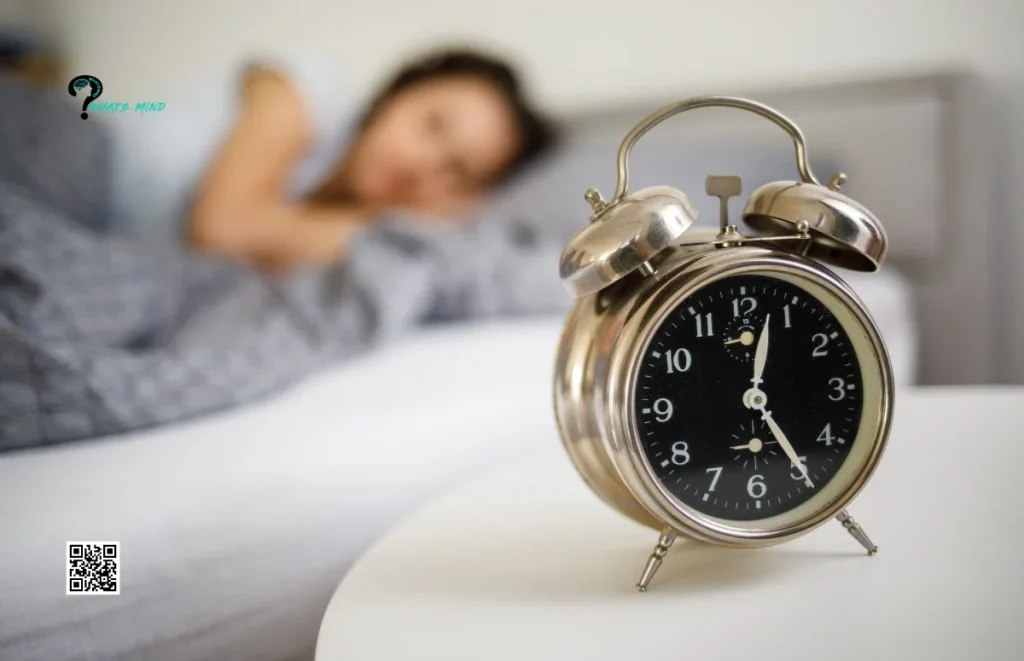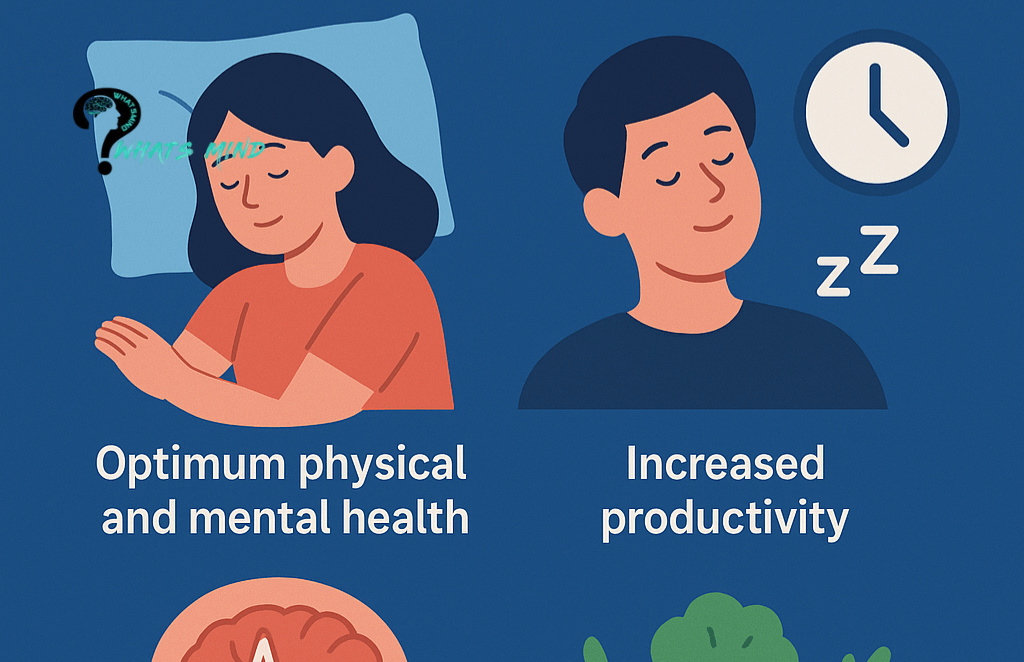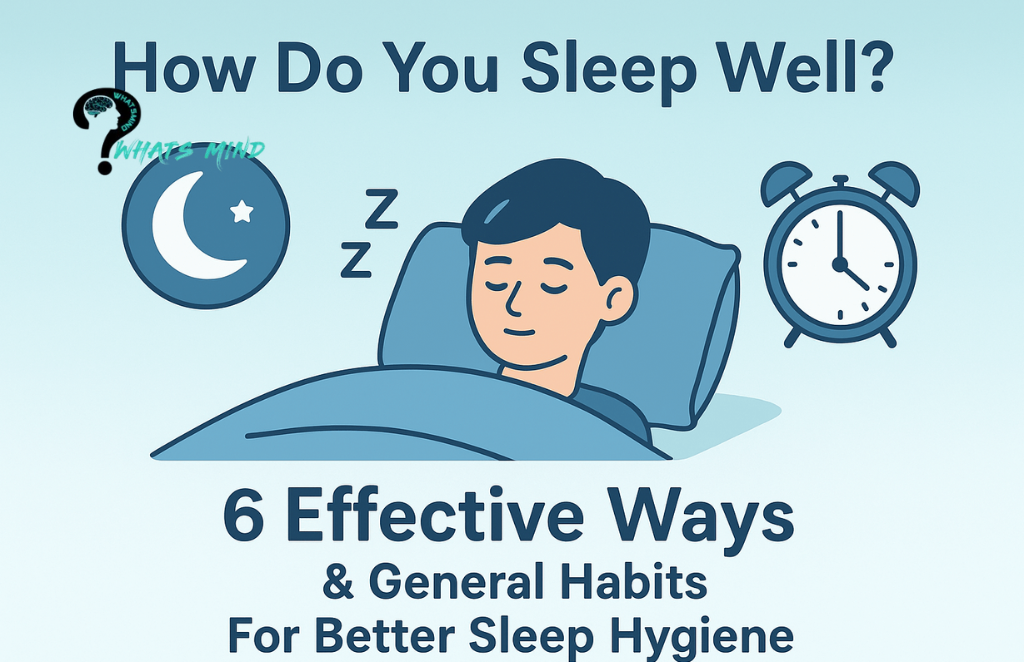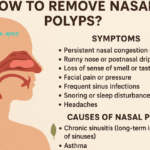Are you getting your quality sleep? With the workaholic lifestyle, excessive consumption of processed food, and abusive use of technology having our beauty sleep for a sufficient period of time is literally a blessing, isn’t it? It’s extremely important to get rested to have optimal physical and mental health.
Health organisations recommend sleeping 7-9 hours of sleep for adults while children’s sleep time must be greater than 10 hours. However, sleep hours vary as per children’s age group.
But still not everybody gets the luxury to sleep in the recommended time frame and is reported to be sleep deprived, the ratio is estimated to be 35%.
Having insufficient sleep time adversely affects your daily productivity, reduces your attention span and your mood worsens. But opting for tips like getting a restful environment, keeping your room darkened, eating healthy, and eating before bed helps you to sleep better.
In this guide, we will learn our recommended sleep time, why is it important, what you can expect with sleep deprivation, and some strategies to have quality sleep.
Why Is Quality Sleep Important?
Optimal health is ensured only when you rake appropriate nutrition, do physical exercise, and sleep adequately, and believe me the trio are connected like a triangle.
When you are sleep-deprived you get cravings for carbohydrates foods like cookies which impacts your diet along with a worse sleep schedule and ultimately leads to tiredness. Tell me do you want to hit the gym when you are tired? I know it would be the last thing on your mind.
To maintain your overall well-being you must give proper attention to your sleep schedules and it gives you further benefits including:
- Maintains your cardiac health and reduces the risk of disorders like stroke, cardiac arrests, and narrowing of blood vessels.
- It encourages the growth of growth hormones.
- It helps to fight off bacterial infections leading to a strong immune system.
- Having quality sleep helps you to effectively count your weight.
- Enhances your cognitive abilities like increased focus, you can concentrate well and your memory and learning get improved.
How Much Quality Sleep Do You Need?
Although having quality sleep is parquet the hours do matter despite some researchers not giving much attention to it.
How Much An Adult Should Sleep?
As per science-backed claims, an adult needs to have 7-8 hours of sleep, while there is a small population of shirt sleepers who insist they get away with only 4-5 hours of sleep.
But again these short sleepers usually get away with caffeinated beverages and drinking loads of coffee which raises the risk of health consequences in the long run.

Make sure you follow a strict sleep schedule which makes you rested for a sufficient period of time.
How Much Children Should Sleep?
The sleeping hours for children vary as per their age, however, the U.S. Department of Health and Human Services recommends these hours:
Infants (Newborns till 8 Months): 14-17 hours per day
Babies (8-12 Months): 12-16 hours per day (including naps time)
Toddlers (1-3 Years): 11-14 hours per day including naps
Preschoolers: 10-13 hours per day including naps
School-aged Children: 9-12 hours at night
Teenagers: 8-10 hours per night
Besides hours of night make sure you have a restful environment to sleep peacefully.
Tips To Have Quality Sleep
The time you sleep isn’t as important as how you sleep. Quality sleep is a direct indicator of Optimal health as circadian rhythm regulates your whole body. You must consider certain approaches that allow you to sleep better.
Relax Before Hitting Bed
Stress adversely affects your sleep routine. Around half of the British are suffering from stress-induced sleep issues so it’s necessary you make some extra efforts to relax yourself before you make a beeline to your bed.
You can take a warm relaxing bath, read a book, and listen to calm music to relax your muscles. You can even write a journal or make a to-do list that calms your nerves and you can sleep peacefully.
You can try some relaxing exercises as well as they act as a laxative for your stressed muscles.
Make A Sleep-Wake Cycle Routine
How do you get quality sleep? Get into a routine that is rigid and doesn’t deviate much. The way babies sleep in their time and wake naturally fresh is the same strategy for adults. Let your body program itself to fall asleep naturally and wake up on its own.
If you make a routine of your sleep cycle and be a little dedicated to relaxing yourself, it will be a boon for certain.
Ban Your Devices
Your devices like smartphones, TVs, PCs, or computers emit blue light which suppresses melatonin production aka sleep hormone. So ban such devices before going to bed to sleep better.
Avoid Clock Watching
Worrying about sleeping for maximum hours doesn’t let you sleep at all. So you don’t need to remind yourself again and again that your purpose is to rest and think about pleasant things which calms you and makes you productive instead of anxious.

If you find yourself frequently looking at a clock that is why you still haven’t slept yet then it will give you anxiety as it isn’t easy to see time ticking away.
Ensure A Restful Sleeping Environment
Ensure your bed is comfortable enough to sleep with appropriate support and space so that you don’t have to toss and turn much.
Keep your room temperature optimal by keeping it between 16⁰C to 18⁰C.
You can further create a peaceful setting for quality sleep by ensuring your room has pale colours and soothing smells either of geranium or lavender.
Foods To Eat & Avoid Before Sleeping
To improve the quality of sleep you must consume foods rich in tryptophan and serotonin (i.e., chicken, milk, turkey, pumpkin seeds, etc.) as both enhance the production of melatonin which induces sleep.
The sugary food must be avoided as both cause an energy spike that disrupts your body clock.
Having a poor sleep cycle makes you tempted towards junk food so it’s havoc as you get poor sleep and poor diet at once.
You should avoid drinking alcohol and consuming heavy meals and spicy food at your bedtime. Drinking caffeinated beverages or coffee even during the daytime has a high impact on your sleep cycle.
Sleep In A Dark Room
In the past when there was no concept of clocks, people used to go to bed when it was dark and wake up when the sun rose. So turning the lights down and keeping yourself in the dark at night ensures quality sleep.

Ensure your room has a dimmer switch and pull up your heavy curtains to block lights coming from outside of your room windows.
Stay Active & Fit
Having enough exercise and moderate to intense physical activity helps you sleep better. However some people find difficulty in sleeping when they have vigorously worked out just 2 hours before bed, so reduce the intensity.
Want to lose weight? Make sure you are eating healthy, exercising appropriately, and having quality sleep.
Drawbacks of Not Getting Enough Quality Sleep
Insufficient sleep hinders your overall activities as it adversely impacts your performance at school or work, doesn’t let you drive with concentration and you find it difficult to concentrate on chores and affect your socialising abilities.
Not having quality sleep makes you anxious, cranky, and frustrated, and worse increases the risk of cognitive impairment and bodily disorders. So make sure you are sleeping enough hours as well as peacefully.
Quality Sleep is ensured only when you are slumbering in bed 85% of your sleep time and doesn’t take more than half an hour to get in deep slumber. Taking more than 20 minutes to doze off completely and waking up more frequently doesn’t guarantee quality sleep.

The four stages of your daily night rest include: 1) N1 I.e., Light sleep, 2) N2 I.e., Deeper Sleep, 3) N3 I.e., Deepest Non-REM sleep and 4) REM.
Although all stages are equally important, waking up frequently during N3 which is the deepest non-REM sleep and not sleeping again for 20 minutes has shown increased cognitive dysfunction.
Frequent episodes of waking up from deep slumber because of unknown triggers and sleep deprivation have been associated with diseases that become life-threatening. The leading causes include,
- Sepsis
- Hypertension
- Cardiovascular disorders
- Cancerous tumours
- Stroke and brain aneurysms
- Accidents
- Diabetes
As your circadian rhythm regulates your overall body, therefore it’s important to sleep peacefully for a sufficient time.
Bottom-line
In conclusion, sleep is crucial for your overall well-being, and deprivation results in life-threatening consequences. But it’s not just the hours but quality sleep matters the most. Adults who sleep less than 7 hours face difficulty in concentrating and their productivity is reduced drastically.
It’s important that you maintain a healthy diet, have a regular sleep-wake cycle, and have a relaxing environment that promotes sleep. If you get sufficient quality and quantity of sleep, it’s guaranteed you will wake up fresh, alert and your bodily conditions will be improved like controlled blood pressure and less risk of hormonal imbalance.
Give us a thorough read to regulate your sleep cycle and do share how many hours you sleep.
FAQs on Quality Sleep
How can I increase my sleep quality?
You can do it by getting a consistent sleep schedule, limiting your daytime naps, doing regular exercise, eating healthy, getting a peaceful environment, and managing your stress level.
How to sleep faster?
Pay extra attention to sleep hygiene, avoid forced sleep, unwind yourself, try mindfulness, and include a healthy diet and exercise into your routine to sleep better and faster at night.
Russian Sleep Experiment: Detailed Story, Outcomes, Authenticity, Sleep Interval
Sleep Paralysis Demon: Introduction, Symptoms, Causes & Prevention Tips
For more information, visit whatsmind.com
















